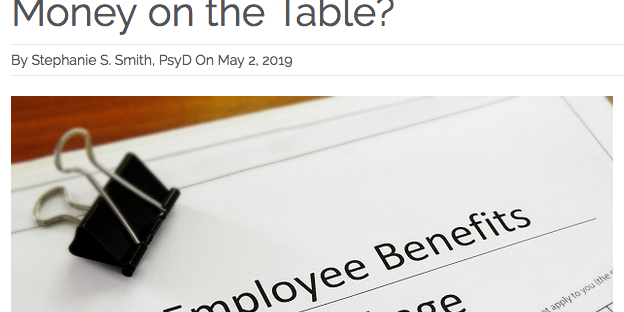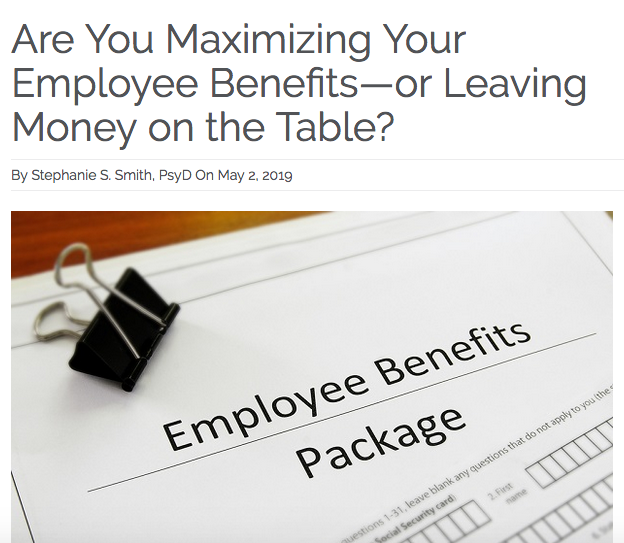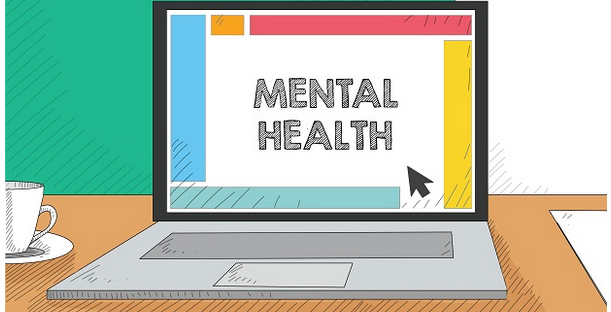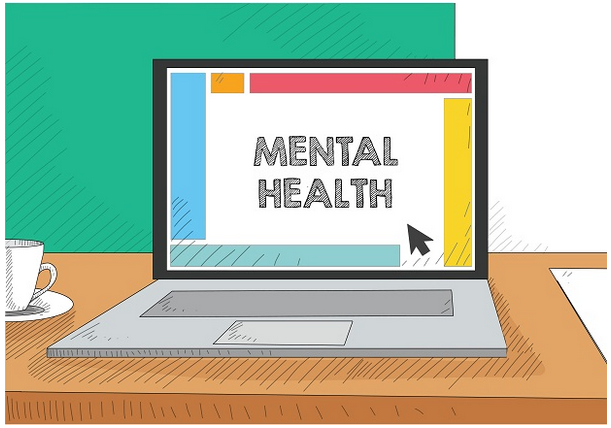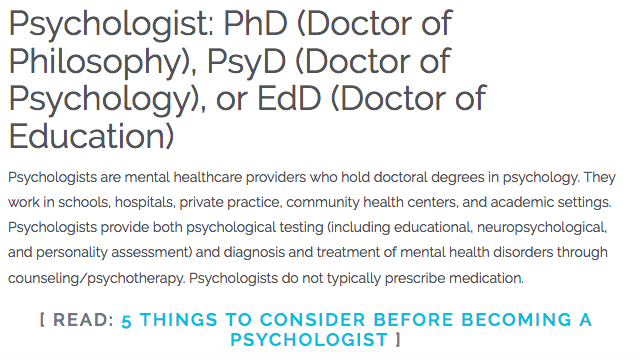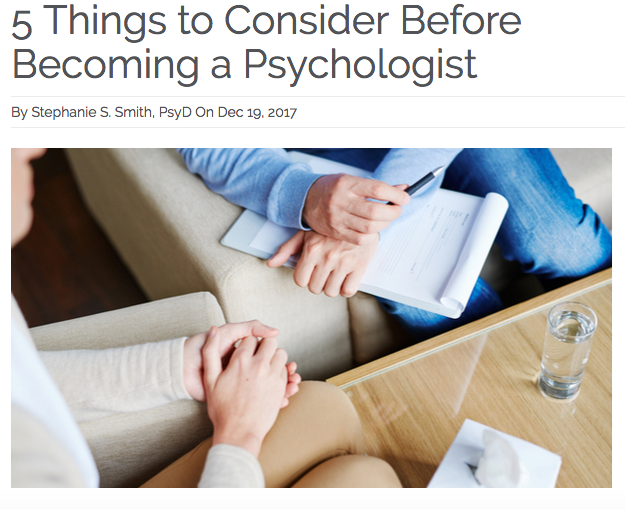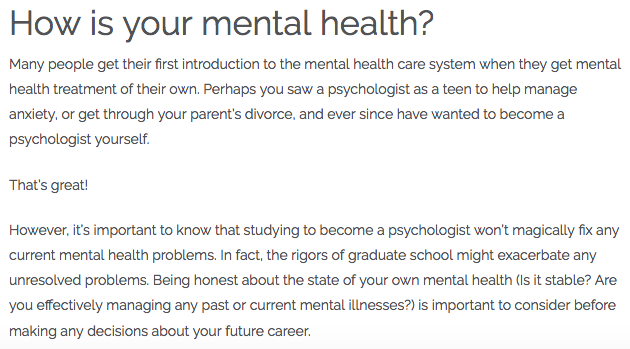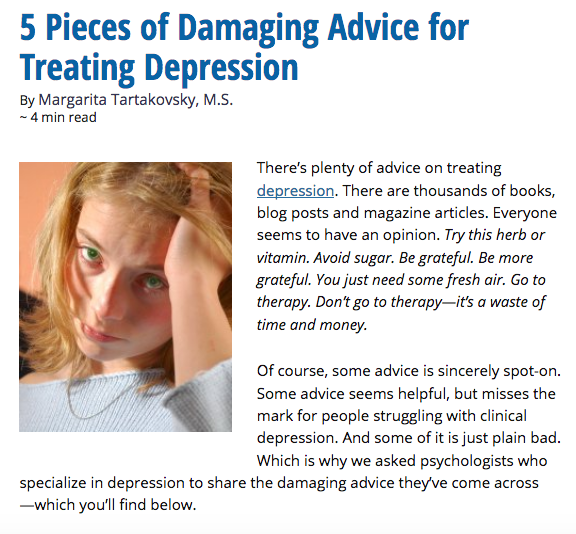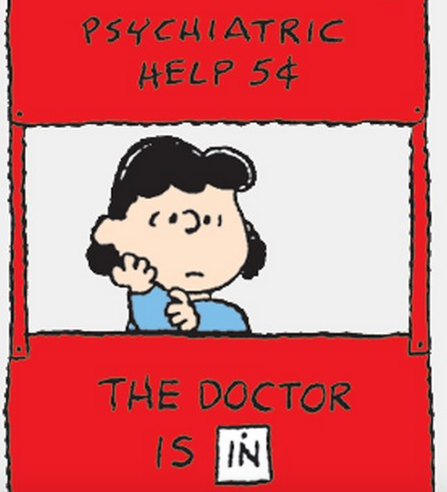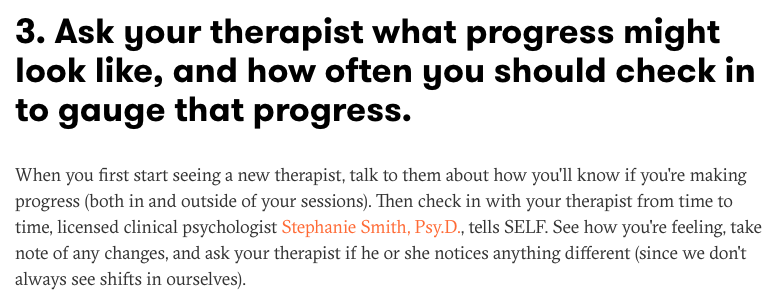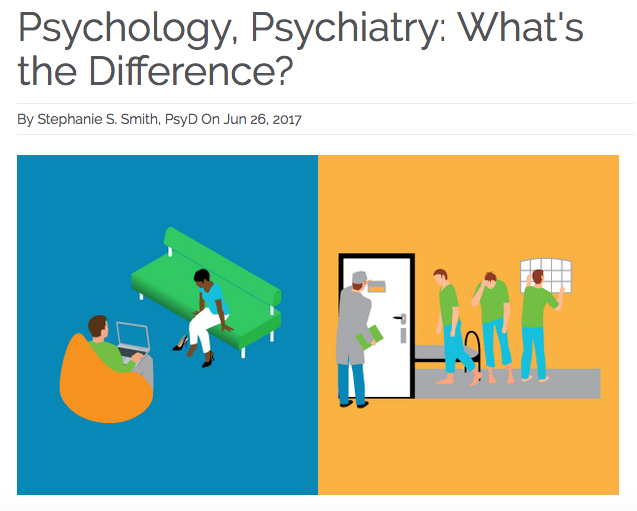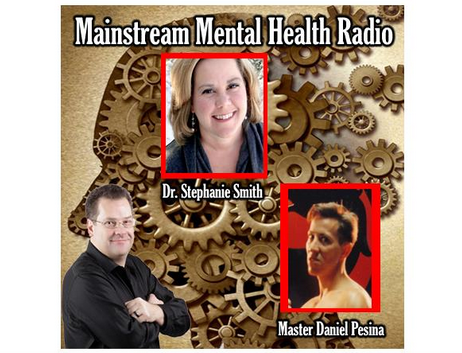A big part of my job is connecting people with resources for helping and maintaining good mental health. The mental health system in the United States in enormous, not very well connected, poorly understood, and hard to access. There are a lot of resources out there (many are even very low cost or free!) but they can be hard to find if you’re not immersed in the mental health community. And really, who is?
I’ve compiled a list of some resources that I have found helpful over the years. Do you have more to add? Let me know!
Mental Health America – This is a large non-profit organization that supports Americans living with mental illness. I love their list of support groups – the include groups for about a million different concerns all over the country. Check it out.
Medicare – Medicare is the government-sponsored health insurance program for older Americans. Millions and millions of Americans use their Medicare coverage everyday to access health care of all types. Did you know Medicare also covers mental health treatment? Check it out to find a provider.
Substance Abuse and Mental Health Service Administration (SAMHSA): SAMHSA is an amazing group that has an overwhelming amount of helpful information on their website. I actually find myself using SAMHSA’s information about mental health disorders and treatment all the time. I recently found this very useful list of treatment providers who can assist people who emerging serious mental illness – and believe me, providers like this can be hard to find! Check it out!
National Alliance for the Mentally Ill (NAMI): NAMI is a nation-wide organization providing support to folks dealing with mental health issues. They actually offer many wonderful diagnosis-specific support groups around the country. They have a comprehensive list here.
What resources am I missing?
.

